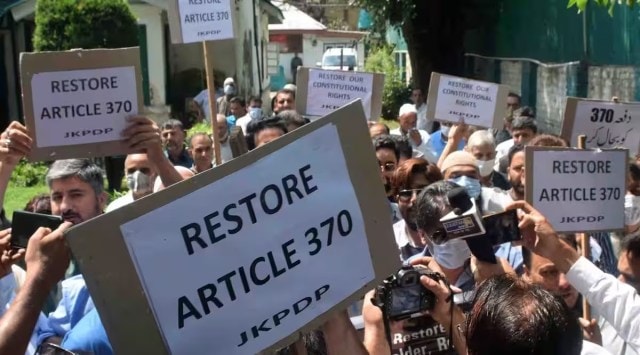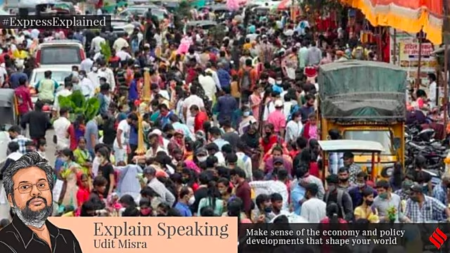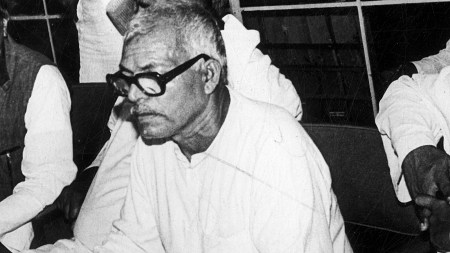The Supreme Court stated on Wednesday that the reference to Article 1, a permanent feature of the Constitution of India, in Article 370 is “a clear indicator” that the latter was “never intended to be permanent.”
Chief Justice of India D Y Chandrachud, presiding over a five-judge Constitution bench, made these remarks during the hearing of petitions challenging changes made to Article 370 and the reorganization of the former state of Jammu and Kashmir into two Union Territories.
The CJI questioned the specific reference to Article 1 in Article 370, stating that Article 1 is already a permanent feature of the Constitution. He mentioned that the reason for including this reference was to ensure that Article 1 could not be modified during the interim period when other provisions of the Constitution could be modified, making it a clear indicator that Article 370 was never intended to be permanent.
Furthermore, the CJI emphasized that while the principle of surplusage may apply to ordinary statutes, it should not be attributed to the Constitution-makers, and the specific reference to Article 1 in Article 370 reinforces the fact that Article 370 was never intended to be permanent.
Senior advocate Gopal Sankaranarayanan argued that the case is about whether the power exists and whether the correct process for its exercise was followed. He also highlighted the fraudulent exercise of power in converting Jammu and Kashmir into a Union Territory, as the proper procedure was not followed.
In a response to a question by the CJI, senior advocate Menaka Guruswamy raised the Constitutional question of whether the Constitution of India can be altered in ways opposed to the intention of its founders.
The petitioners concluded their arguments on Wednesday, and the Centre will begin its arguments on Thursday.












![]()




+ There are no comments
Add yours